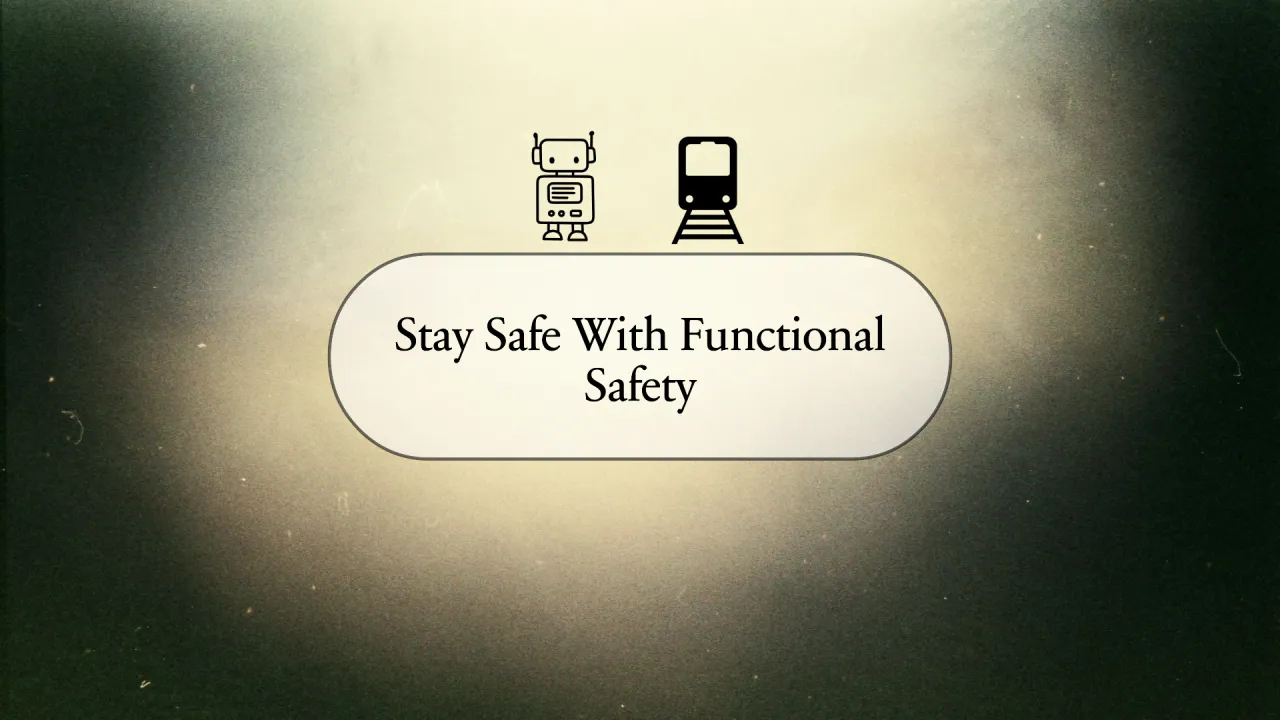What is Functional Safety?
Functional Safety ensures that E/E systems or equipment operate without unreasonable risk, responding correctly to inputs and detecting potentially dangerous conditions. It involves triggering protective mechanisms to prevent hazardous events, ensuring safety throughout the system's lifecycle.
Who Should Care About Functional Safety?
Functional Safety is critical for professionals in various fields, including:
Designing : Engineers and designers responsible for creating systems, machines, or vehicles must ensure their designs meet safety standards and prevent potential risks.
Developing : Software and hardware developers working on safety-related systems should integrate Functional Safety principles to prevent failures that could result in accidents.
Maintaining : Maintenance personnel must understand Functional Safety to ensure the continuous safety and compliance of plants, processes, or machinery.
Operating : Operators of plants, vehicles, or machines need awareness of Functional Safety to effectively manage and respond to potential hazards.
Why is Functional Safety Important?
Functional Safety is essential for reducing risks by identifying and mitigating potential hazards before they lead to failures. It ensures compliance with industry safety standards, enhances system reliability, and most importantly, protects human lives by preventing dangerous failures.
Functional Safety isn’t just a technical necessity—it’s a critical element in safeguarding modern systems. Whether you're designing, developing, maintaining, or operating equipment, Functional Safety should be a top priority in your work.
Here at CSA, we specialize in safety consulting within the rail and robotic industries.
